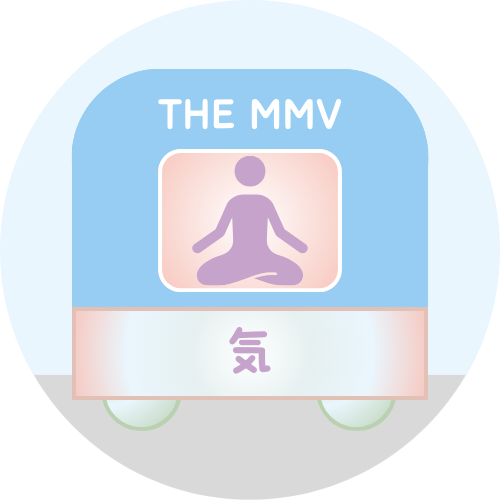Do you sometimes feel the effects of Main Character Syndrome?
The name tells enough, but if you have to, you can look up the term that has gained popularity recently.
This is a good inspiration for a meditation actually. Borrowing from the “Waking Up” app and its guided meditations on searching for the self…
If you are in a place where you are with people, you can sit quietly and become centered with your breath and the feel of wherever you’re sitting. Perhaps you pay attention to the sounds around you.
For this main character meditation, you might notice that you feel like the main character in the movie of your life. After all, your life is unfolding before you, moment by moment.
But this simple exercise goes like this: As you watch other people, do they know that you’re the main character? Do they notice you? Are your thoughts the script that is being narrated for all to hear? If you sit quietly enough, no one should be paying any attention to you at all. And this is a helpful thing.
As Sam Harris says in “Waking Up”, this does not need to turn into a paradoxical puzzle for the brain. It should just be something that you’re curious about for a short moment, then let it go and come back to the anchor that you are used to. But you can keep returning to this concept too. How are you the main character when you are just sitting quietly? What about the person who is running late and rushing to get somewhere? Isn’t she the main character in her drama of being late? How about the child who is playing in front you? Aren’t they the hero of their story, with an arc that you can’t quite anticipate?
Give it a try, let me know if it helps with the syndrome…



